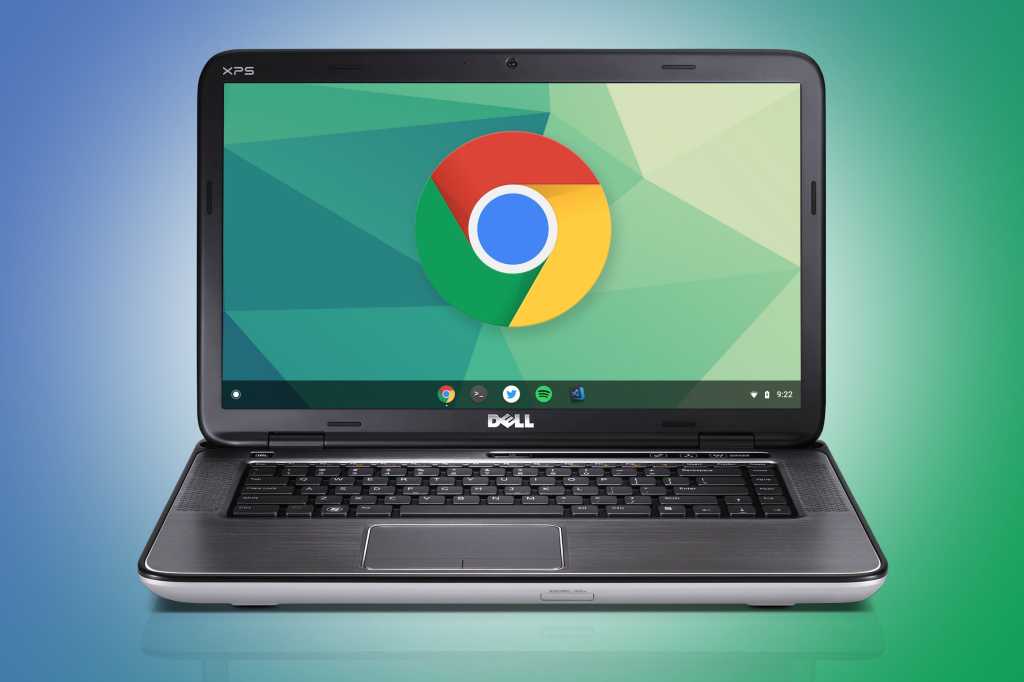When it comes to internet speed, every second counts. Slow internet not only hampers your productivity but also kills the vibe. Thankfully, there’s a solution: finding the fastest DNS server. In this comprehensive guide, we will explain how you can find the fastest DNS servers near you and explore the best reliable options. So, let’s dive in and optimize your internet speed!
What is DNS and Why Does it Matter?
Before we dive into finding the fastest DNS server, let’s understand what DNS is and why it’s important. DNS stands for Domain Name System, and it serves as the internet’s “phone book.” When you enter a website’s name in your browser, DNS translates that name into an IP address, allowing your browser to connect to the correct server and load the website.
Your internet service provider (ISP) assigns default DNS settings to your connection, but these may not always be the fastest option. By choosing the right DNS server, you can improve your internet speed and overall browsing experience.
How to Find the Fastest DNS Servers Near You
To determine the fastest DNS server for your connection, you can use online benchmarking tools that compare the speed and reliability of different servers. Here are three popular tools you can use:
1. Namebench
Namebench is a free, open-source benchmarking tool that can run on Windows, Mac, and Linux. It compares multiple DNS servers and provides detailed information on their speed and performance. Here’s how you can use Namebench to find the fastest DNS server:
- Close all applications that use your internet connection.
- Download the Namebench tool and extract the files.
- Launch Namebench and click on “Start Benchmark.”
- Wait for the benchmarking process to complete (approximately 20 minutes).
- Once the results are ready, your browser will display the fastest DNS server for your connection.
2. DNS Jumper
DNS Jumper is another handy tool that helps you find the fastest DNS server. It offers similar features to Namebench and is also available for Windows. Here’s how you can use DNS Jumper:
- Select your network adapter from the dropdown list.
- Click on “Fastest DNS” to start the benchmarking process.
- Wait for the test to complete.
- Once the test is finished, DNS Jumper will suggest the fastest DNS server for your connection.
3. GRC’s DNS Benchmark
GRC’s DNS Benchmark is a popular tool for testing DNS server performance. While it’s only available for Windows, it provides a detailed analysis of optimum DNS settings for your connection. Here’s how you can use GRC’s DNS Benchmark:
- Download the DNS Benchmark tool from GRC’s website.
- Launch the tool and select the “Nameservers” tab.
- Let the tool update the list of DNS servers.
- Click on “Run Benchmark” to start the test.
- After the test is complete, you will see a list of the fastest DNS servers for your connection.
Choosing the Fastest DNS Server
Determining the fastest DNS server can be challenging, as it depends on various factors such as geographical location, server infrastructure, and network conditions. However, here are some reliable options to consider:
1. Google Public DNS
Google Public DNS is a globally distributed DNS service that offers fast and reliable resolution. By using Google’s DNS servers (8.8.8.8 and 8.8.4.4), you can enjoy advanced security features like DNSSEC support and protection against malicious websites.
2. Cloudflare DNS
Cloudflare DNS is known for its speed and security. It provides DNS resolution with the added benefit of encryption through WARP, which keeps your outgoing traffic safe from snooping eyes. Cloudflare’s DNS servers (1.1.1.1 and 1.0.0.1) are available for both IPv4 and IPv6 connections.
3. OpenDNS Home
OpenDNS Home offers reliable DNS resolution with additional features such as adult content filtering and parental controls. By using OpenDNS servers (208.67.222.222 and 208.67.220.220), you can ensure a safer and more secure browsing experience.
4. Quad9 DNS
Quad9 DNS focuses on privacy and security. It blocks access to malicious websites and protects against phishing attacks. Quad9’s DNS servers (9.9.9.9 and 149.112.112.112) offer a safe and reliable DNS resolution.
5. Verisign DNS
Verisign DNS provides a public DNS server that emphasizes security and privacy. While it doesn’t block any content, it promises not to sell your DNS data to third parties. Verisign’s DNS servers (64.6.64.6 and 64.6.65.6) are a solid option for reliable DNS resolution.
Best DNS Servers for Gaming
If you’re a gaming enthusiast, having a fast and reliable DNS server is crucial for a seamless gaming experience. Here are some of the best DNS servers for gaming:
1. Google Public DNS
Google Public DNS is an excellent choice for gaming due to its fast and reliable performance. By using Google’s DNS servers, you can minimize latency and ensure smooth gameplay.
2. OpenDNS
OpenDNS is another reliable option for gaming. Its DNS servers offer additional features such as content filtering, which can help protect your gaming experience from malicious websites and inappropriate content.
3. Cloudflare DNS
Cloudflare DNS is known for its speed, making it a great choice for gaming. With Cloudflare’s DNS servers, you can reduce latency and enjoy a seamless gaming experience.
Conclusion
Finding the fastest DNS servers near you is essential for optimizing your internet speed and improving your browsing experience. By using benchmarking tools like Namebench, DNS Jumper, and GRC’s DNS Benchmark, you can identify the fastest DNS server for your connection. Consider reliable options like Google Public DNS, Cloudflare DNS, OpenDNS Home, Quad9 DNS, and Verisign DNS based on your specific needs.
Whether you’re browsing the web or gaming, a fast and reliable DNS server can make a significant difference in your online experience. So, take the time to find the best DNS server for you and enjoy a faster and smoother internet connection.
Disclaimer: The information provided in this article is for educational purposes only. Please consult with your ISP or IT professional for specific DNS server recommendations.








